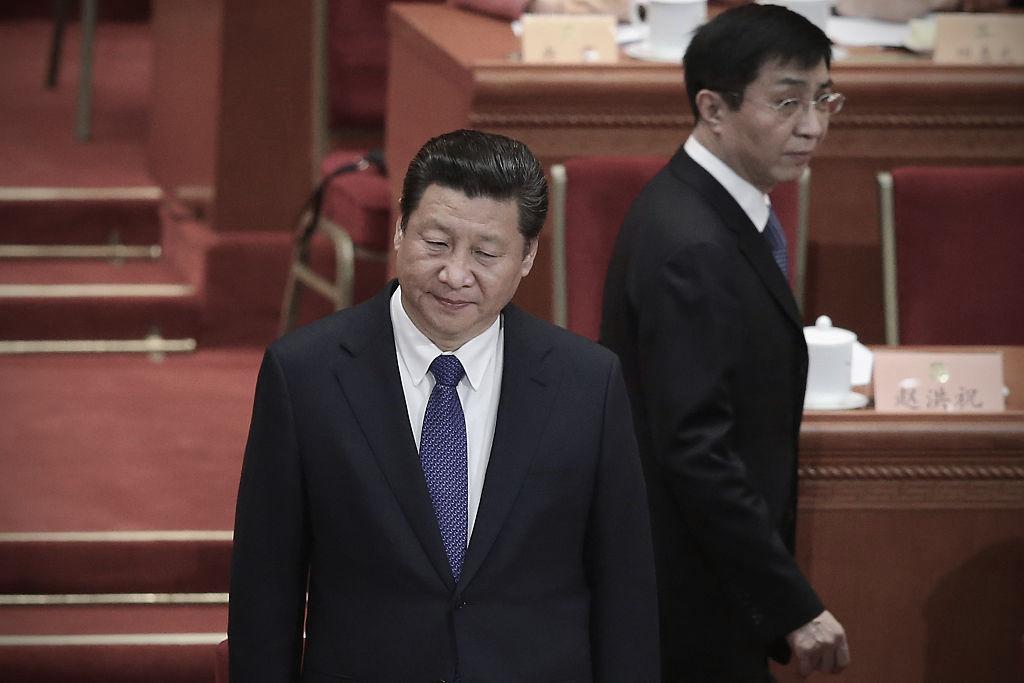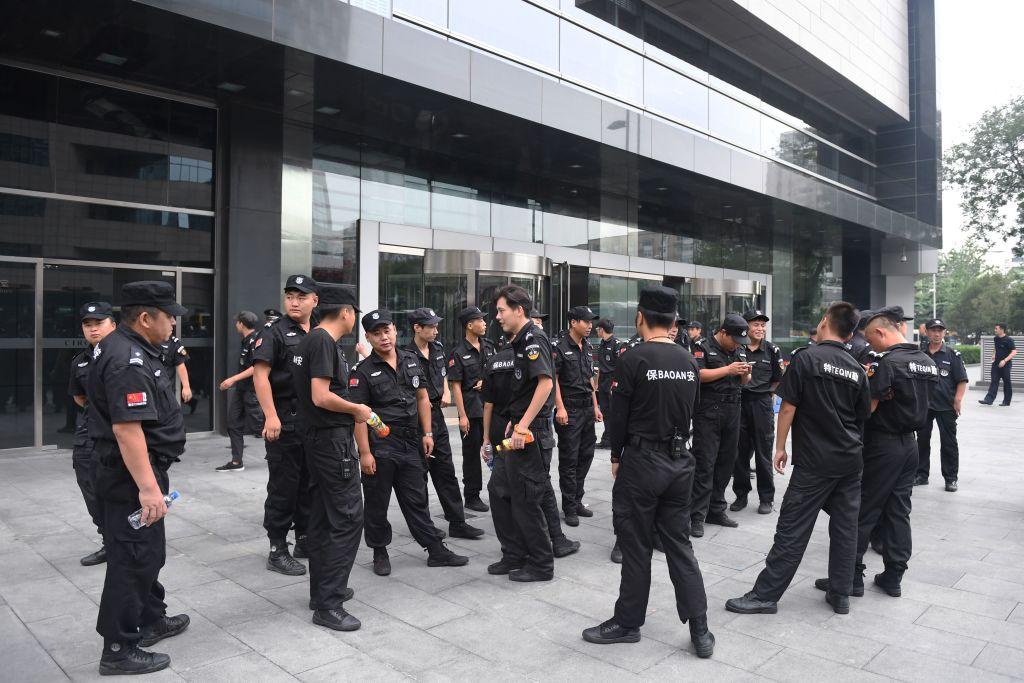WASHINGTON—After decades of a failed policy of “engaging China,” democracies around the world are facing the reverse situation.
The West is no longer engaging China to promote liberal reforms there, but instead is aiming to safeguard democracies from the Chinese Communist Party (CCP)’s authoritarian and corrupt influence.



